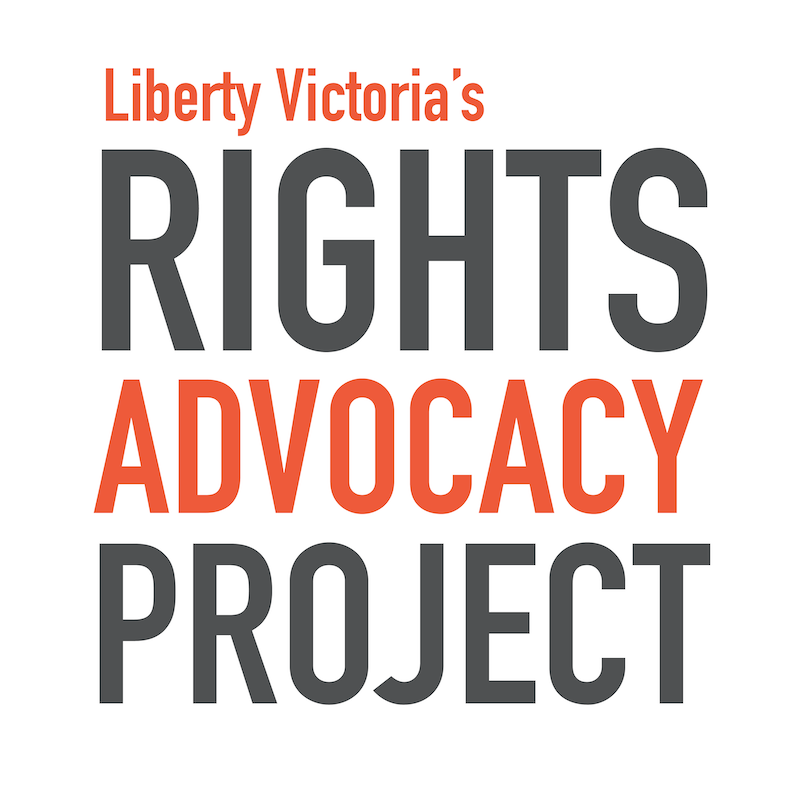
Equality and Government Accountability
A sexual assault counselling privilege for family law
When a victim/survivor of sexual assault seeks counselling, their counselling records can be subpoenaed in family law proceedings, for example in a parenting dispute. The production of these counselling records to court may re-traumatise victim/survivors, and make them less likely to seek counselling treatment after a sexual offence.
The Australian Law Reform Commission is currently conducting a Review of the Family Law System. In its Issues Paper, published on 14 March 2018, the ALRC raised a number of questions for consideration.
Our project focuses on Question 25: How should the family law system address misuse of process as a form of abuse in family law matters? We address the specific behaviour identified by the ALRC ‘using evidence gathering processes, including subpoenas, to obtain access to sensitive personal material such as the victim’s therapeutic counselling records or sexual assault service records’.
Our strategy was two-fold. First, we published a paper on the need for a qualified sexual assault counselling privilege in family law to strike the right balance between appropriate evidence gathering and protecting the confidentiality of counselling records for victim/survivors of sexual assault. We distributed this paper was distributed to counselling services and interested community organisations to help inform their submissions to the ALRC’s review.
Then, we made our own submission to the ALRC’s review. It recommends the introduction of a qualified sexual assault counselling privilege in family law. The proposed privilege would bring the family law jurisdiction in line with the States and Territories, where similar privileges already exist.
Resources
-

Report: Protecting survivors’ most sensitive information: A sexual assault counselling privilege for family law
-

Article: Privacy rights for sexual assault victims
When a victim of sexual assault sees a counsellor, the last thing she should have to worry about is whether records of her counselling session might be subpoenaed by her former partner and used in family law proceedings against her.
